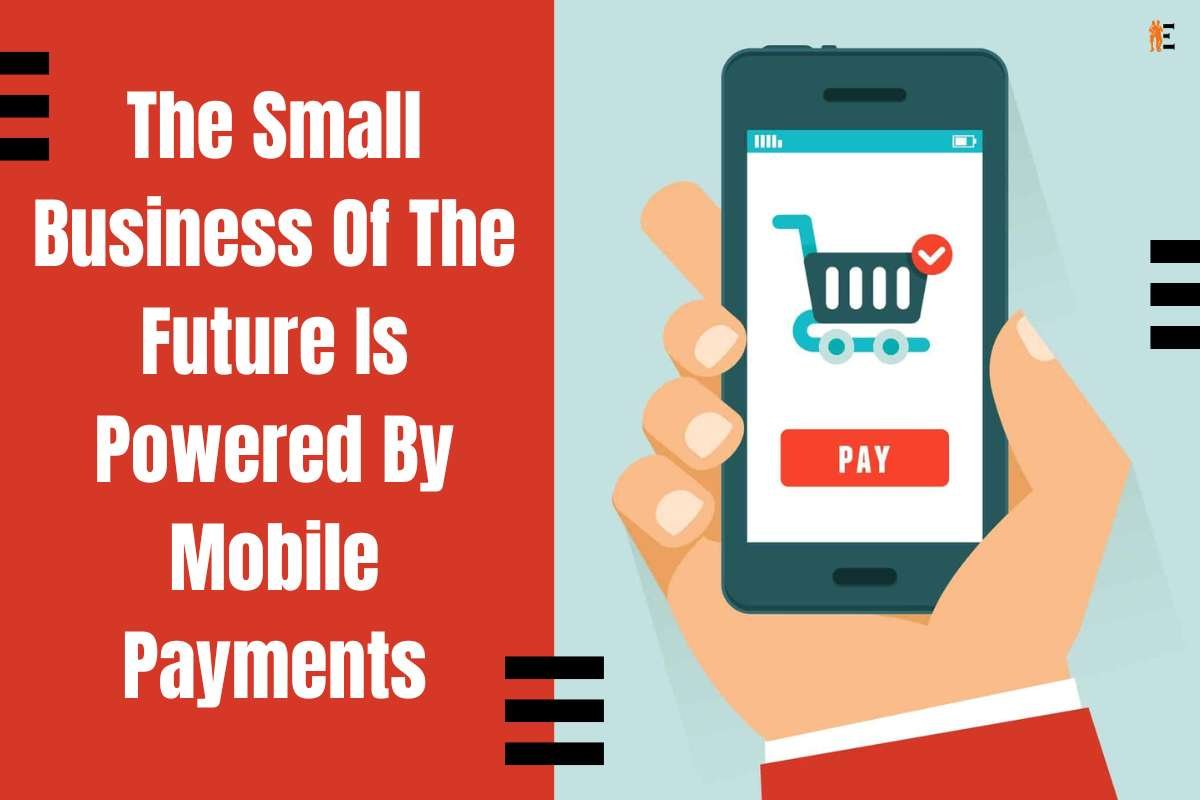The proliferation of mobile payment methods has caused a sea change in the manner in which companies function and engage with their clientele. Mobile payments are advantageous for consumers and companies alike due to their speed, ease of use, and safety, as well as their wide variety of other advantages. In this essay, we will investigate the reasons why mobile payments for small businesses will be the driving force behind the future of the small company.
What are mobile payments?
The term “mobile payments” refers to the practice of using mobile devices, such as smartphones and tablets, to pay for products or services. This may include the use of mobile wallets, mobile applications, or contactless payment mechanisms such as Near Field Communication (NFC) or Quick Response (QR) codes.
Traditional payment methods, such as cash and credit cards, do not compare well to mobile payments for small businesses, which come with a number of benefits. They are quicker, more convenient, and more secure, and they may assist firms in reducing expenses while simultaneously increasing efficiency.
Here is the importance of mobile payments for small businesses;

mobile payments for small businesses are particularly crucial for small firms, which often have few resources and must be adaptable and efficient in order to compete in the fast-paced business world of today. The following is a list of the primary advantages that small companies may get by accepting mobile payments:
1. Increases in Both Revenue and Sales
By providing clients with a quick, simple, and convenient payment option, companies have the potential to enhance their sales and income via the use of mobile payments. This may result in enhanced customer satisfaction, repeat business, and loyalty on the part of the customer.
In addition, mobile payments for small businesses may assist companies in expanding their consumer base and reaching new customers. Businesses have the opportunity to acquire tech-savvy customers who favor doing transactions via mobile devices if they provide mobile payment choices to such customers.
2. Reduced expenses
Mobile payments may assist companies in cutting expenses by removing the need for costly equipment such as cash registers, point-of-sale terminals, and other similar devices. Mobile payments may also help firms minimize the amount of time and resources necessary to process payments, which frees up personnel to concentrate on other responsibilities.
3. Enhanced Safety and Protection
mobile payments for small businesses provide an improved level of protection when compared to conventional payment methods like cash and credit cards. Mobile payment transactions are encrypted and require authentication, which makes them less vulnerable to fraud and theft than traditional payment methods.
4. Improved Experience for the Client
Mobile payments have the potential to enhance the consumer experience by providing a method of payment that is quick, simple, and convenient. In addition, mobile payments for small businesses make it easier for companies to customize and tailor the offers they provide to clients by taking into account the customers’ previous purchases as well as their preferences.
5. Better use of resources

Mobile payments may assist organizations in becoming more efficient by simplifying the payment process, hence cutting down on the amount of time and resources needed to conduct transactions. Mobile payments may also assist firms in automating accounting and inventory management, which lowers the likelihood of making mistakes and increases the degree to which they are accurate.
How can implement mobile payments for small businesses?
Small companies may feel overwhelmed with the prospect of implementing mobile payment systems, but in reality, the process is pretty straightforward. The following are some measures that may be taken by smaller companies to establish mobile payment options:
1. Choose a service for making payments through a mobile device.
The selection of a mobile payment provider ought to serve as the first step in setting up support for mobile payments. There are a number of different providers accessible for mobile payments, each of which comes with its own set of perks and capabilities. Apple Pay, Google Pay, Samsung Pay, and PayPal are some of the most well-known mobile payment services now available.
2. Create a New Account for Your Mobile Payments
After you’ve picked a mobile payment provider, you’ll need to set up a mobile payment account. This usually entails supplying fundamental information about your company, such as your name, address, and tax identification number.
3. Provide support for mobile payments in your point-of-sale system.
You will need to integrate mobile payment processing into your point-of-sale (POS) system in order to be able to take mobile payments. Installing a mobile payment app on either your mobile device or POS terminal is often required to complete this step.
4. Educate Your Employees

It is essential to provide your employees with training on how to utilize mobile payments for small businesses and how to solve any problems or answer any queries that may occur. This will assist to guarantee that the payment procedure is straightforward and effective for both your employees and your clients.
5. Encourage your customers to make payments using their mobile devices.
It is critical to educate your clientele about mobile payments once you have successfully installed the technology. This might include doing things like putting up signs in your business or on your website, sending out email newsletters, and promoting mobile payments on social media. In addition, you have the option of providing consumers who utilize mobile payments with rewards, such as discounts or points toward future purchases.
6. Keep an eye on your financial dealings.
In conclusion, it is essential to monitor the transactions associated with your mobile payment system in order to guarantee that the transactions are performed properly and that there are neither mistakes nor problems. Either the reporting tools provided by your mobile payment provider or the POS system that you use may do this task.
BOTTOM LINE
Mobile payments have a number of advantages for smaller firms, including an increase in sales and income, a reduction in expenses, heightened levels of security, a marked improvement in the quality of the customer experience, and enhanced levels of productivity. Mobile payment integration could seem complicated at first, but in reality, it’s pretty straightforward and can be accomplished in just a few easy steps.
Small companies that make use of mobile payments for small businesses may maintain a competitive edge over their larger counterparts and provide their clients with a payment option that is quick, simple, and handy. Mobile payments are the engine that will power the small company of the future, and it is critical for existing small enterprises to adopt this trend if they want to continue being relevant and competitive in the modern digital era.












